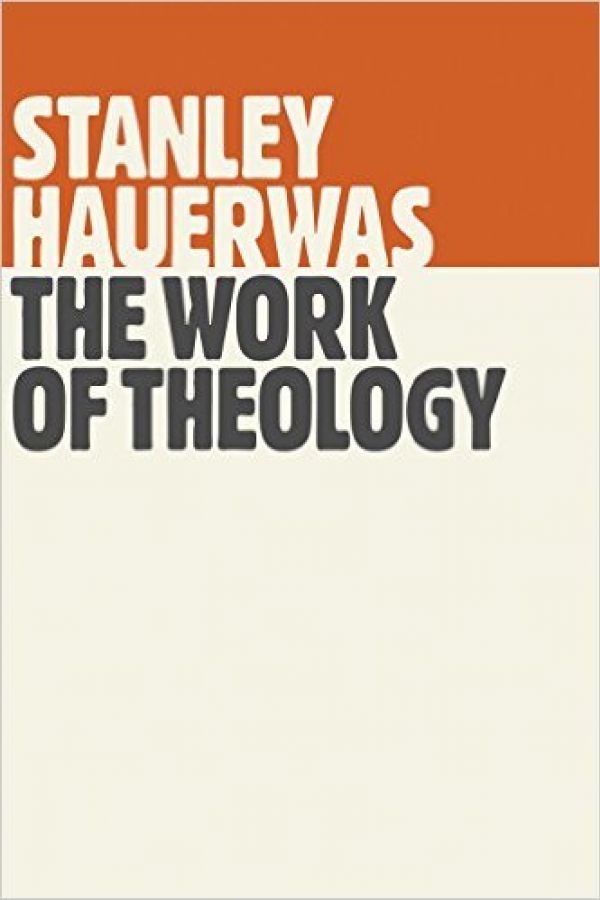Internationally recognized theologian and Duke Divinity School Professor Stanley Hauerwas has written a new book addressing the “how to” of theology that explores theological reflection as an exercise in practical reason.
In The Work of Theology published in August by Erdmanns, Hauerwas revisits and clarifies some of his earliest philosophical and theological views, as well as corrects mistaken characterizations of him and his work.
Hauerwas, the Gilbert T. Rowe Professor Emeritus of Divinity and Law, addresses the “how to” on a variety of theological topics in individual chapters of the book. Topics include how he learned to think theologically, how the Holy Spirit works, how to do or not do Protestant ethics, the “how” of theology and ministry, how to write a theological sentence, how to be theologically funny, how to be theologically ironic, and how (not) to retire theologically.
In a postscript of the book, Hauerwas also responds to Nicholas Healy's recent book Hauerwas: A (Very) Critical Introduction.
"What we believe as Christians," states Hauerwas, "is quite basic and even simple. But because it is so basic, we can lose any sense of the extraordinary nature of Christian beliefs and practices." In discussing the work of theology, Hauerwas seeks to recover that "sense of the oddness of what we believe as Christians."
Hauerwas also wrote A Community of Character: Toward a Constructive Christian Social Ethic, which was selected as one of the 100 most important books on religion of the 20th century. He also authored Hannah’s Child: A Theological Memoir and War and the American Difference: Theological Reflections on Violence and National Identity.
